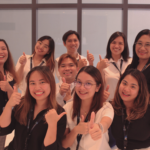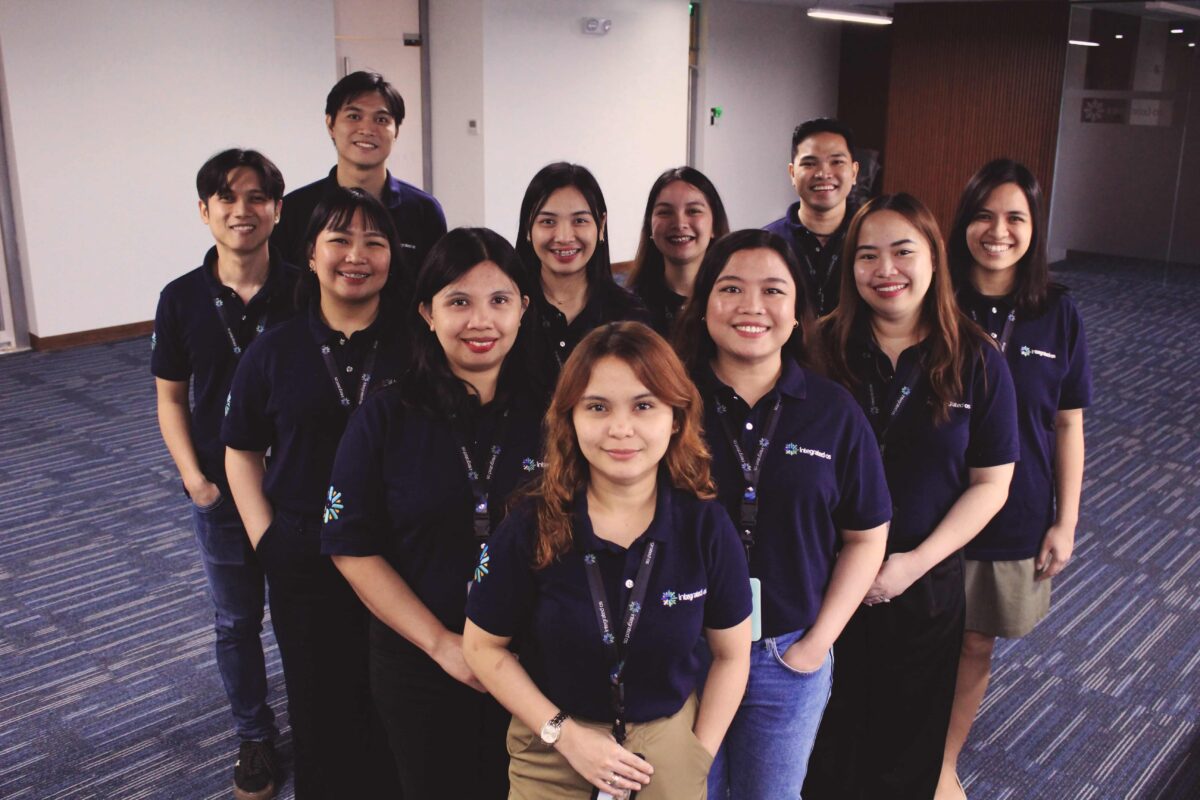Unveiling Key Myths and Considerations for Australian Manufacturing Businesses Setting up Teams in The Philippines
If someone can work from home, their role can be done anywhere around the globe.
The labour market in Australia is as tight as it has ever been, so we all need to think differently to survive, compete and succeed.
Expanding manufacturing operations beyond borders offers numerous advantages for Australian businesses, including access to cost-effective resources and increased market potential. The Philippines has emerged as a prominent destination for establishing offshore teams, thanks to its skilled workforce, strong English proficiency, and favourable business environment. However, before embarking on this journey, it is essential to dispel common myths and understand crucial considerations that can contribute to the success of such ventures.
Myth 1: Lower Quality Output
One prevalent myth is that offshore teams in the Philippines produce lower quality output compared to domestic counterparts. However, this belief is flawed, as the country has a skilled and educated workforce. Filipinos are known for their diligence, adaptability, and ability to quickly grasp new concepts. With proper training, guidance, and effective collaboration, offshore teams in the Philippines can deliver high-quality work that meets Australian standards. Our experience has showed that the output of tasks per day are higher in The Philippines.
Myth 2: Language Barrier
Another misconception often encountered is the assumption that the language barrier will impede effective communication. In reality, the Philippines ranks highly in English proficiency indexes, making it easier to engage with the local workforce. Moreover, many Filipinos have extensive experience working with international clients and possess excellent communication skills. Collaborative tools, such as video conferencing and project management software, further enhance communication and bridge any potential gaps. These tools put your extended team right at your fingertips, giving you total comfort.

Myth 3: Limited Technological Infrastructure
Some businesses hesitate to set up teams in the Philippines, fearing a lack of sufficient technological infrastructure. However, major urban centres such as Manila, Cebu, and Clark boast state-of-the-art facilities, reliable internet connectivity, and robust IT support. These cities host numerous business process outsourcing (BPO) organisations, indicating the availability of advanced technology and the infrastructure required to support manufacturing operations effectively.
Consideration 1: Cultural Alignment
Cultural alignment plays a crucial role in establishing effective and harmonious team dynamics. Australian businesses should invest in cultural awareness and training programs to bridge any gaps between cultures. Understanding Filipino customs, values, and work ethics will foster strong relationships and promote a positive work environment. Encouraging open communication and respecting cultural differences will lead to improved collaboration and productivity.
Consideration 2: Legal and Regulatory Compliance
Before setting up offshore teams, Australian manufacturing businesses must navigate the legal and regulatory landscape of the Philippines. Familiarising themselves with local labor laws, taxation policies, intellectual property rights, and data protection regulations ensures compliance with local requirements. Engaging the services of legal advisors or partnering with reputable outsourcing firms will help navigate these complexities and ensure seamless operations within legal boundaries. There are companies and business models that assist take this entire consideration off the table.
Consideration 3: Talent Retention and Development
Retaining top talent is crucial for the long-term success of offshore teams. Developing attractive employee benefits packages, career growth opportunities, and training programs can help create a sense of loyalty and build a committed workforce. Regular performance evaluations, reward systems, and recognition programs also foster motivation and engagement. Moreover, investing in upskilling and continuous learning opportunities strengthens the skillset of the team and positions them as valuable assets. When partnering with a provider the retention rate of their existing teams should be your number one area of focus.
Setting up teams in the Philippines to support Australian manufacturing businesses should be approached with careful consideration and a realistic mindset. Debunking the myths regarding quality output, language barriers, and technological infrastructure paves the way for successful collaboration. Embracing cultural alignment, complying with legal requirements, and prioritising talent retention and development are vital for creating a strong offshore team. By leveraging the advantages offered by the Philippines, Australian manufacturers can unlock new opportunities and drive growth in today’s interconnected world.






